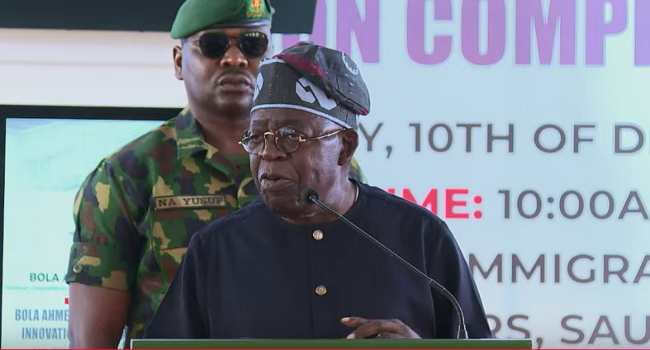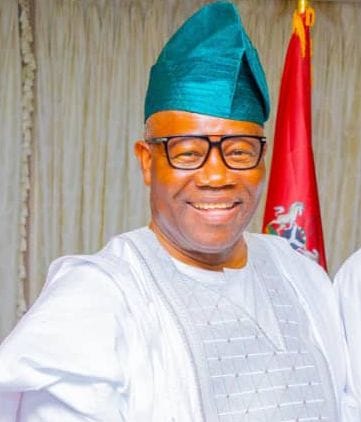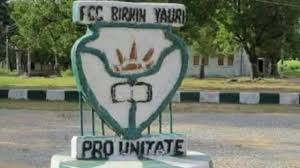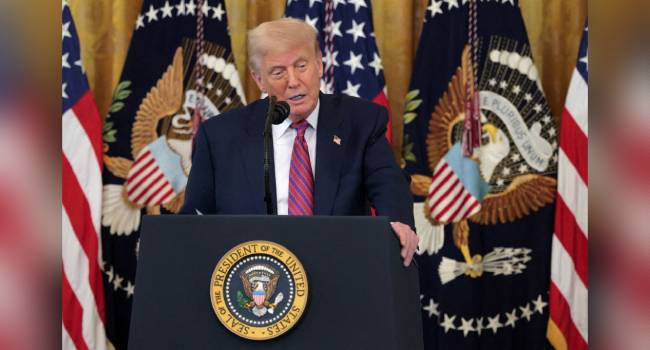In the heart of Kaduna State, a quiet but powerful shift is taking place. Once torn apart by violence and fear, communities are beginning to breathe again. Homes are rising from the ashes, and with them, hope. This is not just about bricks and mortar—it’s about reclaiming peace, dignity, and a sense of belonging.
On Tuesday, the Federal Government, under the leadership of President Bola Ahmed Tinubu, commissioned the first phase of a housing project for victims of banditry in Kaduna. It’s a symbolic step, but one loaded with meaning. For the people displaced by years of conflict, it’s a chance to start over.
Speaking at the event through his National Security Adviser, Nuhu Ribadu, President Tinubu made one thing clear: the fight against terrorism and banditry isn’t just ongoing—it remains top priority. “Nigeria is in safe hands,” Ribadu said on Tinubu’s behalf. “We will restore law and order. That is an assurance we are giving. It will be done.”
These are not empty promises. The housing project itself, carried out in partnership with Qatar Charity Organisation, is proof that rebuilding efforts are no longer stuck on paper. Entire communities ravaged by violent extremism are now receiving tangible support—a roof over their heads, and more importantly, a reason to believe again.
Kaduna: From Conflict to Recovery
For years, parts of Kaduna, particularly regions like Birnin Gwari, were synonymous with fear. Armed groups controlled rural areas, forcing thousands from their homes and disrupting farming, schooling, and normal life. But things are changing.
“The return of displaced farmers to their ancestral lands and the reopening of the Birnin Gwari Market are not just symbolic acts,” Tinubu noted. “They are signs that Kaduna is wearing a new face—a face of peace, reality, and rebuilding.”
This transformation is credited to a multifaceted approach to security—one that blends intelligence, military might, and community engagement. Dubbed the Kaduna Peace Model, the strategy recognises that peace cannot be enforced by force alone; it must be nurtured from within.
“It’s not just about sending in soldiers,” Tinubu said. “It’s about listening to the people, understanding their pain, and including them in the process of healing and rebuilding.”
Healing Beyond Security
What sets this phase of governance apart is its more human touch. Tinubu’s administration is showing signs of prioritising the well-being of everyday Nigerians—especially those who have borne the brunt of violence.
“We are wiping the tears of victims,” he declared. “We are reconciling communities. We are giving everyone a space to belong.”
That sense of belonging is critical. It’s what separates temporary peace from lasting stability. Victims of violence—once reduced to mere statistics—are now being seen, heard, and most importantly, housed.
Rebuilding Trust One Home at a Time
The event in Kaduna is not just about new buildings. It reflects a deeper commitment to national healing. Tinubu’s message to the victims was heartfelt: “You are not forgotten. Your government sees you and acknowledges your pains.”
For a nation long plagued by insecurity, such words—backed by action—carry weight. They speak to a shift in leadership tone, from abstract policies to people-centred governance.
Whether this momentum can be sustained remains to be seen. But for now, the signs are promising. Farmers are back in their fields. Children are returning to schools. And entire communities are daring to dream again.
As one resident put it, “We prayed for peace. Now we are beginning to live it.”
And that, perhaps, is the most powerful victory of all.





